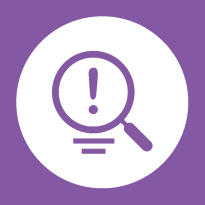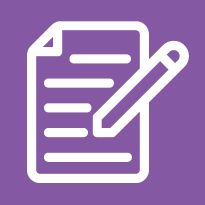If it is safe to do so, protect yourself from coerced debt by making sure that you are the only person who can access your accounts.
Contact your bank, by phone or in person. Ask to:
- Have your bank place additional security questions or protections on your existing accounts, to make it harder for the accounts to be accessed;
- Remove your abuser as an authorized user from your accounts.
You also may want to consider closing existing bank accounts and opening new ones that your abuser cannot access. Make sure you change direct deposits and automatic withdrawals related to old accounts at the same time you open a new account.
If you have joint accounts with your abuser, you won’t be able to easily remove your abuser’s access to the account. You might be able to close a joint checking account without the approval of the other joint account holder. If you have a joint checking account with an abusive partner, you might want to consider removing your money from that account. Only do this after first thinking through your safety plan.
Password Security
Your abuser might know—or be able to guess—your online passwords. Your abuser might also know other personal identifying information like your social security number, your mother’s maiden name, and the answers to your security questions. Choose new logins, passwords, and security questions that are not easy for your abuser to figure out.
Change the login information and/or password on all of the following types of accounts:
- Bank accounts
- Credit cards (including PINs)
- Cell phones
- Email accounts
- Online shopping (such as Amazon)
- Online media passwords (such as Netflix and Hulu)
- Social media accounts (such as Facebook and Twitter)
- Medical accounts and online portals
- Tax sites (such as TurboTax)
When you change your password, make sure that your new password cannot be guessed by someone who knows you. Make sure that your new password is connected to your new email address and phone number. The password should not relate to personal information about yourself. Do not re-use your old password and only change the number at the end. If possible, use a combination of randomly generated words and numbers.
Online Password Managers
There are many online password managers that you can use. The way they work is that the password manager software remembers strong, unique passwords for every website you visit. You just need to remember the one password that allows you to access the online password manager. Free versions of these services may be available. Some may charge a fee, with the cost ranging in price from $14.99 to $59.99.
Some of the password managers that are available include:
- LastPass,
- Keeper,
- Dashlane, and
- Sticky Password.
If you have a safe place, keep passwords written down and in a secure location along with other important documents. You can use a lock box or you can keep it with a family member that you trust. Or, use a password management software program that requires only one master password to access. Keep that master password written down and in a secure location.


